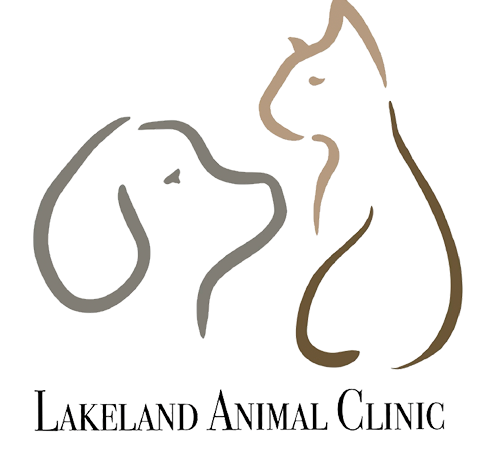Library
-
Hydralazine is given by mouth and is used off label to treat high blood pressure and some causes of heart failure in cats and dogs. Side effects include decreased appetite, vomiting, and/or diarrhea. Do not use in pets that are allergic to it or in pets with heart vessel disease, low blood pressure, severe dehydration, or severe blood loss.
-
Hydrocodone is an opiate agonist given by mouth as a tablet or liquid and used off label to treat pain and dry cough in dogs. The most common side effects include sedation and constipation. Do not use this medication in pets that are allergic to opiates or that have ingested a toxin. Use with caution in debilitated or geriatric pets, pets with a head injury, or pets that have thyroid, heart, lung, liver, kidney, or adrenal disease. If a negative reaction occurs, call your veterinary office.
-
Hydrocortisone ophthalmic is a topical steroid medication used to treat surface inflammation in the conjunctiva of the eye. It is used to treat inflammatory eye conditions in cats and dogs. It may be used “off label” or “extra label” to treat eye conditions in animals other than cats or dogs. Hydrocortisone ophthalmic comes in ointment and liquid drop form. Avoid use in animals with viral or fungal infections, corneal ulceration, and birds.
-
Hydrocortisone topical is a medication applied to the skin that comes in many forms such as creams, ointments, shampoos and sprays, and is used to treat itchiness and inflammation. Side effects may include irritation at the application site, and with long-term use, can include thin skin, skin bumps, and blackheads. Use this medication with caution in pregnant pets or in pets with skin tuberculosis.
-
Hydrocortisone topical (brand names Zymax®, Vetergen Hydrocortisone, others) is a corticosteroid used to treat itching, skin irritation, and skin inflammation in dogs, cats, and other animals. It comes in a variety of forms and may be specially compounded and/or combined into a formulation with other medications. Its use may be off label (extra label) depending on the product formulation, species, and condition(s) being treated.
-
Hydroxyurea is given by mouth and is used off label to treat certain cancers in cats and dogs. Common side effects include bone marrow suppression, lack of appetite, vomiting, diarrhea, mouth and stomach ulcers, loss of toenails and/or hair coat. Do not use in pets that are allergic to it, or in pregnant pets unless absolutely necessary. If a negative reaction occurs, please call your veterinary office.
-
Hydroxyzine is given by mouth or injection and is used off label to treat allergic or itchy conditions. Give as directed. The most common side effect is sedation. Do not use in pets that are allergic to it or cetirizine, or pets that have heart failure, urinary obstruction, or stomach obstruction. If a negative reaction occurs, please call your veterinary office.
-
The term hypercalcemia is used when the level of calcium in the blood is higher than normal. Calcium levels are controlled by a pair of parathyroid glands. High calcium levels may signal the presence of serious underlying disease including kidney failure, adrenal gland failure, a parathyroid gland tumor, and some types of cancer. Pets with hypercalcemia may show signs of weakness, listlessness, increased drinking and urination, and loss of appetite. Your veterinarian will perform diagnostic tests which may include total calcium, ionized calcium, albumin, and parathyroid hormone levels.
-
Hyperlipidemia refers to elevated levels of lipids (fats) in the bloodstream and can be due to several causes. Often times there are no clinical signs. Hyperlipidemia is confirmed using a 12-18 hours fasting sample. The pet's medical history and a search for an underlying cause is important for its treatment. If no underlying cause is found, your pet will need to start eating a low-fat, high-fiber diets, and may be started on the appropriate medications and supplements.
-
Hyperthyroidism is a common condition in older cats caused by excess thyroid hormone release resulting in an increased metabolic state. Hyperthyroidism can cause weight loss despite a good appetite, increased water consumption and urination, vomiting, diarrhea, cardiomyopathy, and hypertension. Diagnosis is made by testing blood thyroid hormone levels. Several successful treatment options exist, including medication, thyroidectomy, radioactive iodine, and a prescription diet. The prognosis with treatment is generally good.
